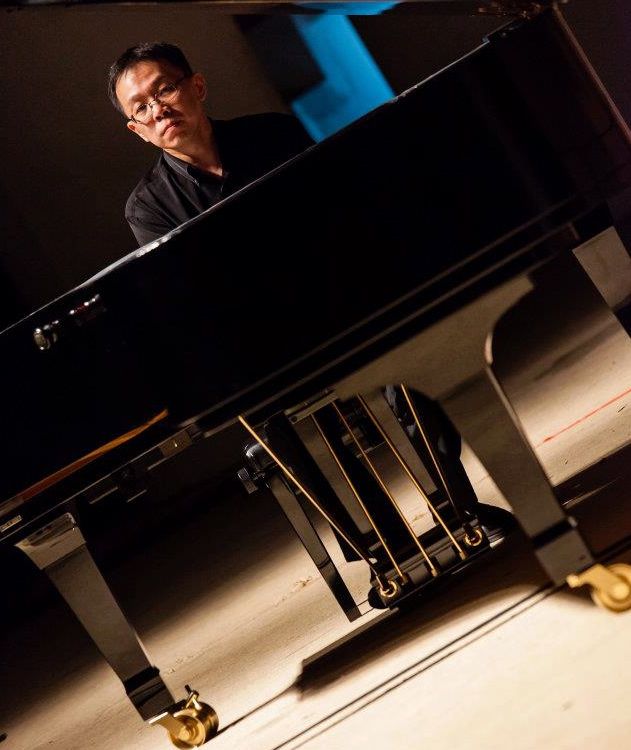
“Composing is a very personal thing.”
As a composer Ng Chong Lim draws his inspiration from everything around him, but nothing inspires him more than nature.
Recently while looking through photographs that a former schoolmate of his had taken, Ng was reminded of his childhood when he would spend a lot of time on his uncle’s farm in Seremban.
Those reminiscences sparked the ideas that produced Dragonfly, a set of four miniature movements that Ng composed specially for the 5th ASEAN International Chopin Piano Competition 2012, scheduled to begin in Kuala Lumpur on 20 November.
“I’ve always been interested in nature,” said Ng. “Kids these days are more comfortable in the city. With Dragonfly, I wanted to bring nature closer to them, to inspire them.
“There are a lot of very light movements in this piece,” he explained. “The piano playing helps children imagine the dragonfly’s movements—its speed and gestures.”
The score features a large degree of fixed improvisation. “I give them the notes but there is a lot of leeway to improvise,” explained Ng, also a highly regarded and much sought-after piano teacher and concert pianist.
The teacher in him is always alert to the educational opportunities within every piece of music. “I want to write more educational pieces for children,” he said, adding that Dragonfly provides children with the occasion to stretch their imagination and play with colours and the world of sound, all of which are important elements in making music.
Dragonfly together with another of Ng’s composition A Distant Voice of Rainforest were commissioned as required repertoire for the first stage of the concerto categories at the upcoming Chopin Competition in Kuala Lumpur.
Both pieces strongly evoke the numerous sounds found in the natural world around us.
Originally titled Rimba, A Distant Voice of Rainforest was first composed for 14 musicians—two groups of string quartets, three woodwinds, one pianist and two percussionists—at a Malaysian Philharmonic Orchestra (MPO) Forum for Malaysian Composers in 2007.
Ng extracted the piano part and reworked it for this year’s Chopin competition. The piece is based on gamelan modes and, just as with Dragonfly, has been written so that the player has plenty of freedom. “I always like freedom in music,” Ng declared. “Players can create their own music. Everyone can play it differently.”
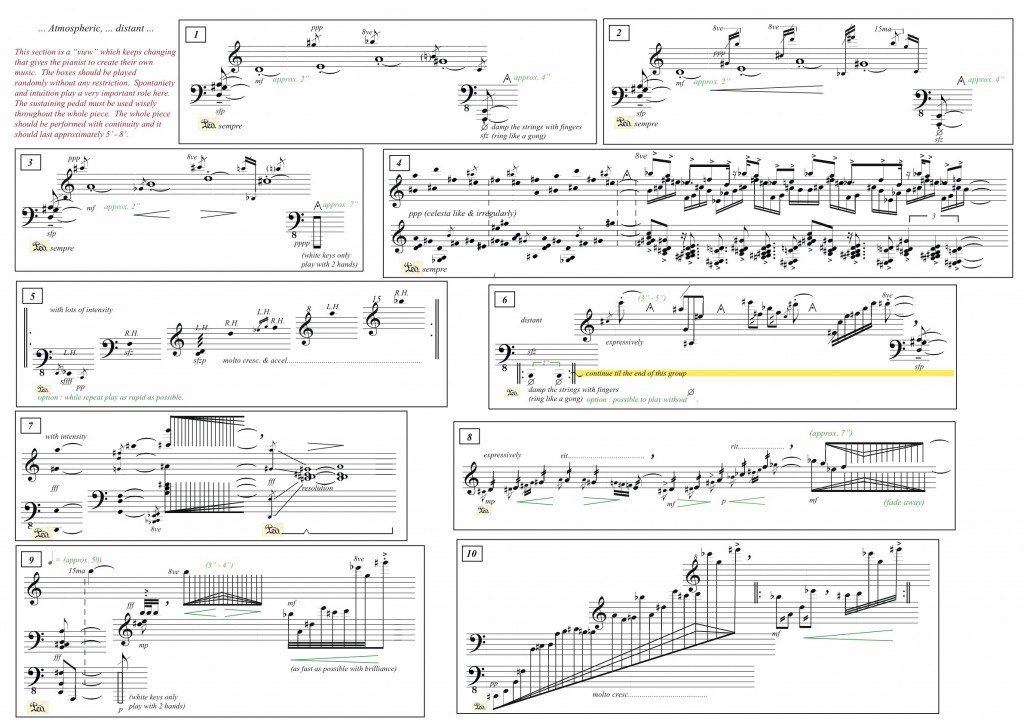
A Distant Voice of Rainforest
This, however, might not prove to be good news for everyone. “Some students may find it difficult to have this freedom. It depends on how much imagination they have, how well they understand the piece,” Ng said.
“The piece is quite hard. It can sound really horrendous. The kids need to take risks. They need to feel the music and make the connection.”
During the competition, the jury will be interested to see how participants are able to make both pieces their own. “There is a lot of space, a lot of silence. In some ways, these pieces provide room for the pianist to search for piano sounds, to search for the soundscape,” Ng said.
He is a big fan of freedom in music, which he started to explore even before he wrote Rimba in 2007. As an example, he points to one of his earlier pieces: Morning Mist, which sounds completely different in three different recordings: one played by the Berlin-based Mosaik Ensemble in Kuala Lumpur, another played by Ng and cellist David Schepps at a music festival in Alberquerque, New Mexico, and the third also played by Ng but with cellist Miranda Harding at a recital in Denmark.
Ng, who studied composition with Prof Beat Furrer in Graz, Austria, gets several commissions a year. They come from all over the world and keep him busy, in between his teaching and performing.
Although Ng is often required to compose on demand and, therefore, remain mindful of deadlines, composing is not something that can be summoned up at the snap of a finger. “There is no fixed way, no routine. I don’t compose everyday. Sometimes I don’t write for months.
“But I am always thinking about the music. Once I hear the sound I start sketching and once I start with the manuscript, it might take me a few days to write it,” he said, adding that A Distant Voice of Rainforest took him three days to write.
Calling himself a “hobby composer”, Ng says his goal is not to change the world. “I write what I feel, what inspires me,” he said. “It’s a very personal thing.”
All good composers, he says, take risks and strive to find their personal voice.
Among Ng’s favourite composers are Bach, Beethoven, Schumann, Brahms, Kurtag, Boulez and Ligeti.
“Each of these composers made great contributions to the music world and left a strong mark on the history of music. Each of them had their own personal way of expressing their thoughts, beliefs and visions,” he said.
Excerpts from A Distant Voice of Rainforest
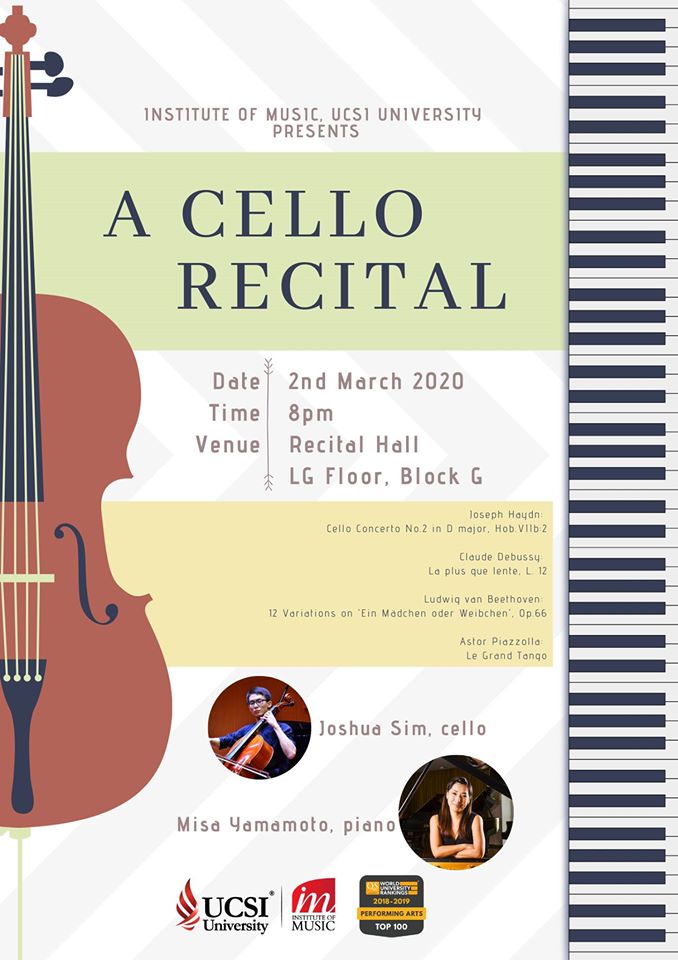
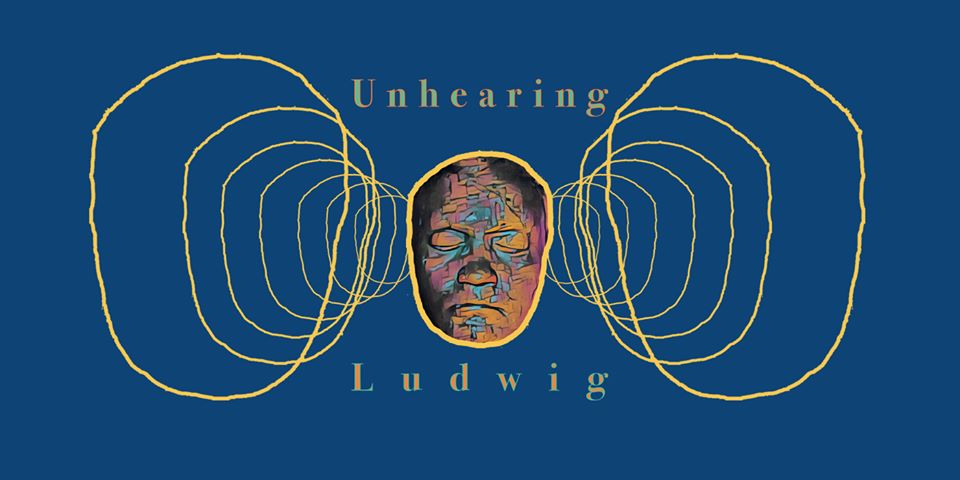


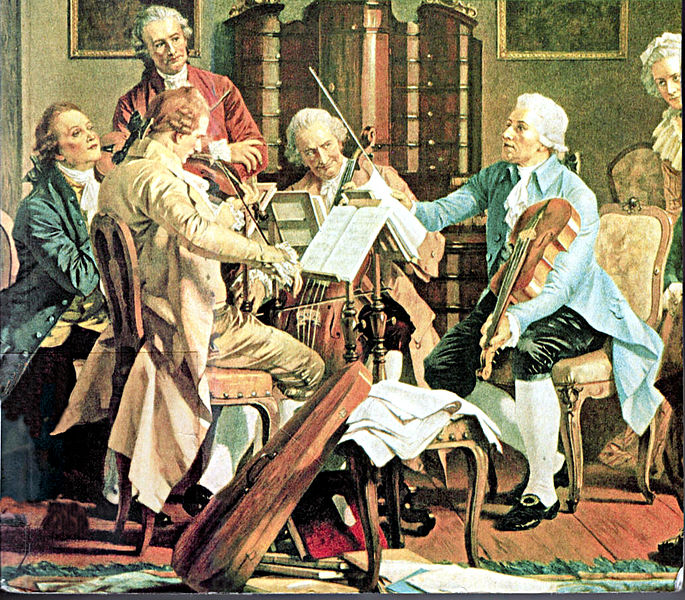

I love your songs I can also feel the nature I also love some composer like bach Beethoven and chopin have a good day
can I be your student I like nature and music too!!!!